Vedanta Wellness for New Zealand – Phase 1
Empowering You to Serve Others
to Manage Their Mental Wellbeing
Training of Wellness Guides
The program will be delivers through online courses, workshops, retreats etc.Trainees will go through the basic, Intermediate and Advanced courses and recognised as certified Wellness Instructors.
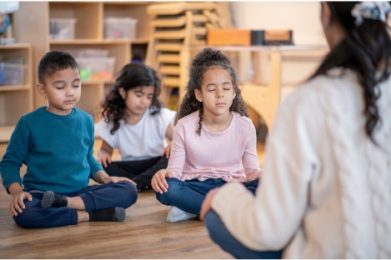
Teachers
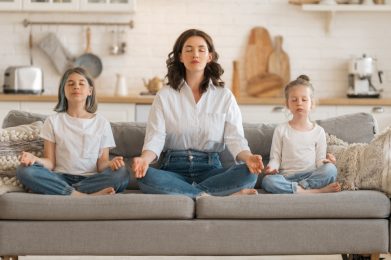
Parents
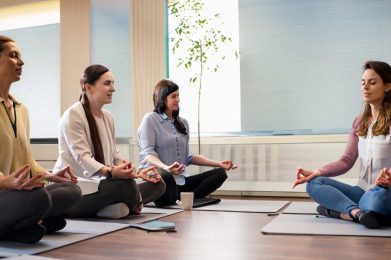
Corporate Wellness Officers
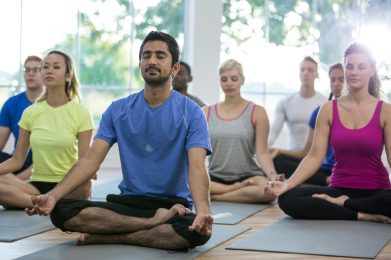
Community Leaders
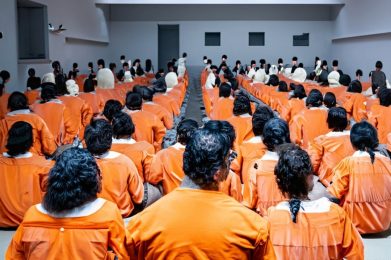
Correction Services

Youth Power
Salient features of the Vedanta Wellness Program
Align Program with NZ Government's Strategic Response to Mental Wellbeing
Our strategic approach is to partner and collaborate with teachers, parents, counsellors, wellness officers, kaumatuas etc to support them with meditation-based mind management tools so that they may use these to empower their students, children, staff, community members to better manage their mental wellbeing.
We have identified alignment our program with two focus areas of New Zealand Government’s Long Term Response to Mental Wellbeing (Kia Manawanui Aotearora – viz.
(1) Equipping communities, whānau and individuals to look after their own mental wellbeing and
(2) Fostering community-led solutions.
Our strategic approach is to partner and collaborate with teachers, parents, counsellors, wellness officers, kaumatuas etc to support them with meditation-based mind management tools so that they may use these to empower their students, children, staff, community members to better manage their mental wellbeing.
The solution to our wellbeing is WITHIN us; not outside!
There is much focus by the Ministry of Health on addressing already acute mental health of cases in the community. Vedanta Wellness will focus on a holistic proactive and preventative approach to mental wellbeing – an equivalent to building fences up the slope to prevent people slipping down rather than operating the ambulance at the bottom of the cliff.
The Vedanta teachings proclaim that each soul is potentially divine. We all are spiritual beings having a human experience. The spiritual dimension is absolutely pure, perfect, eternal, omniscient, omnipotent, blissful and ever free. Due to ignorance of our spiritual nature, we all are trapped in the limited human personality and identified with the body-mind-ego complex. Vedanta is the ‘Science of Human Excellences” and meditation techniques are methods to connect our minds to our inner source of all power, strength, beauty, knowledge and bliss. It does not depend on any external religion, faith etc. All we need is to believe in our own higher Self with us.
Our strategic approach is to empower the key stakeholders with Vedanta knowledge and meditation skills to take care and ownership of the wellbeing of the people under their care.
Utilise the Cultural and Spiritual Pathways for the communities
We will collaborate with community leaders and elders to identify suitable existing cultural and spiritual practices (similar to as “Dadirri during yarning circles” for the Aboriginal people in Australia) which will be conducive for the target beneficiaries to engage in the program.
For example, the program for Maoris should fit their framework of holistic wellbeing (Hauora) viz. spiritual (Taha wairua), mental and emotional (Taha hinengaro), family & social (Taha Whaanau), physical (Taha tinana) and land roots (Whenua). Similarly, the meditation program would need to be adapted to the culture and spirituality of other groups such as Pacifica and Pakeha.
The wellness program is similarly flexible to be adapted to different audiences such as employees in an organisation, schools with different ethos and culture, families from different backgrounds, etc
Inviting involvement and partnership with Young People
Young people (10-24 years) form about 20% of the population. They are the future of humanity – creative, innovative, full of optimism and enthusiasm. This is the most formative period of their lives during which they receive education and training to become productive members of the society.
However, young people generally have very little, if any, say in how, what, why they are taught. There is very little participation, consultation etc in the design of solutions to their challenges. It is little wonder that may young people feel that they are not well understood by their parents, teachers and elders.
Swami Vivekananda had immense hope in young people. He said, “My faith is in the younger generation, the modern generation, out of them will come my workers. They will work out the whole problem, like lions.”
We believe that young people need to be involved and consulted in the design and delivery of any wellbeing solution for them. We wish listen to your perspectives of the wellbeing challenges and suggestions on possible solutions. We wish to share with you the Vedanta knowledge and meditation practices and invite you to experiment and test any solutions we co-design before offering it to the larger community.
If you are a young person concerned about the wellbeing challenges in your age group and wish to be involved in our project, then we invite you to join us by filling this expression of interest form. Together we can be the solution. EXPRESSION OF INTEREST.
